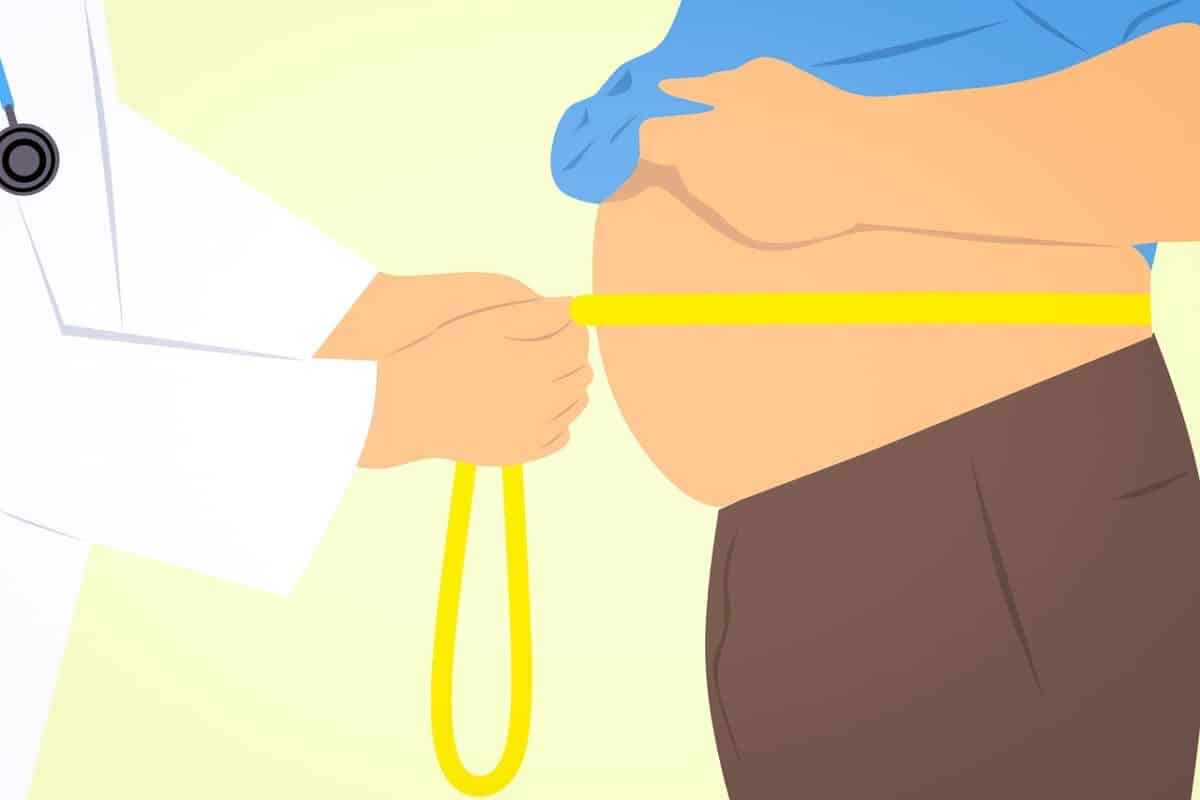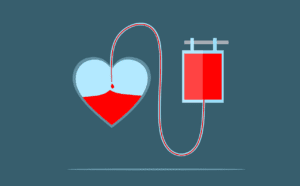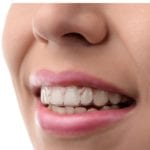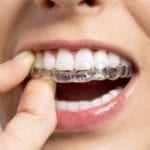If you have high cholesterol, you’re likely looking for different ways to lower it. Here we look at one unusual option some people are curious about… does liposuction lower cholesterol?
Cholesterol typically accumulates in adipocytes, which are special fat cells. These fat cells make up fatty tissue, a connective tissue that insulates the body and stores vital energy.
HDL, often known as “good cholesterol,” can be improved in several ways. These include exercising, quitting smoking, consuming a nutritious diet rich in colorful fruits and vegetables, avoiding sweets and trans fats, and reducing meat intake.
LDL, sometimes known as “bad cholesterol,” is primarily found in fatty, processed meals and red or fried meat. It increases the risk of various life-threatening illnesses.
And since liposuction is a fat-reducing operation, it seems like maybe there’s a connection between the two. So is it also possible to lower cholesterol through liposuction?
Does Liposuction Lower Cholesterol?
The short answer is no; liposuction does not lower your overall cholesterol significantly.
The primary goal of liposuction is, as the name suggests, to remove fat. When a decent amount of exercise and keeping a healthy diet is not enough to get rid of stubborn fat, liposuction is a method that can be used to remove fat from the body.
The saddlebag area, the area under the chin, the backs of the arms, the bra line, the abdomen, the love handles, the inner and outer thighs, and the area around the thighs can all be common trouble spots.
When treating any part of your body, your primary objective should be to bring the afflicted spot back into proportion with the rest of your figure.
But liposuction doesn’t do much more for your health. It is not a weight loss option. Your blood pressure will not decrease as a result of this. It will not lower your LDL cholesterol nor raise your HDL cholesterol. Your diabetes will not improve as a result of this.
How Does Liposuction Work?
However, despite its name, liposuction does not remove visceral fat, bone marrow, or muscle tissue. All of which have significant amounts of adipose tissue.
It only removes subcutaneous fat, the layer of fatty tissue below the skin. As a result, liposuction will not significantly bring down the cholesterol levels in your body.
Again, it is a tool for sculpting that we utilize to improve your shape and possibly cut off a dress size by removing a bulge on your stomach or hips, for example.
After liposuction, the fat that was removed will not return.
If, on the other hand, you choose to lead a sedentary and unhealthy lifestyle, you may find that additional fat accumulates in your body.
Inactivity and a diet high in sugary foods and trans or hydrogenated fats are examples of factors that can increase LDL cholesterol. These factors, along with others, will promote fat accumulation in the treatment areas of your body. The opposite result will be achieved by adopting a healthy way of living.
To keep the results of your liposuction procedure, you should strive to exercise for at least an hour and a half three times per week. It also helps to eat a nutritious and well-balanced diet and take care of your body. In the end, these steps will not only assist you in preserving the effects of your liposuction procedure, but they may also assist you in controlling and preserving healthy cholesterol levels.
Removing a belly bulge or saddlebags might improve your dress size or make your clothes fit better. But the reality is that this is not enough of a weight change to help with high blood pressure, high cholesterol, or diabetes.
So, in conclusion, liposuction does not lower your cholesterol.







